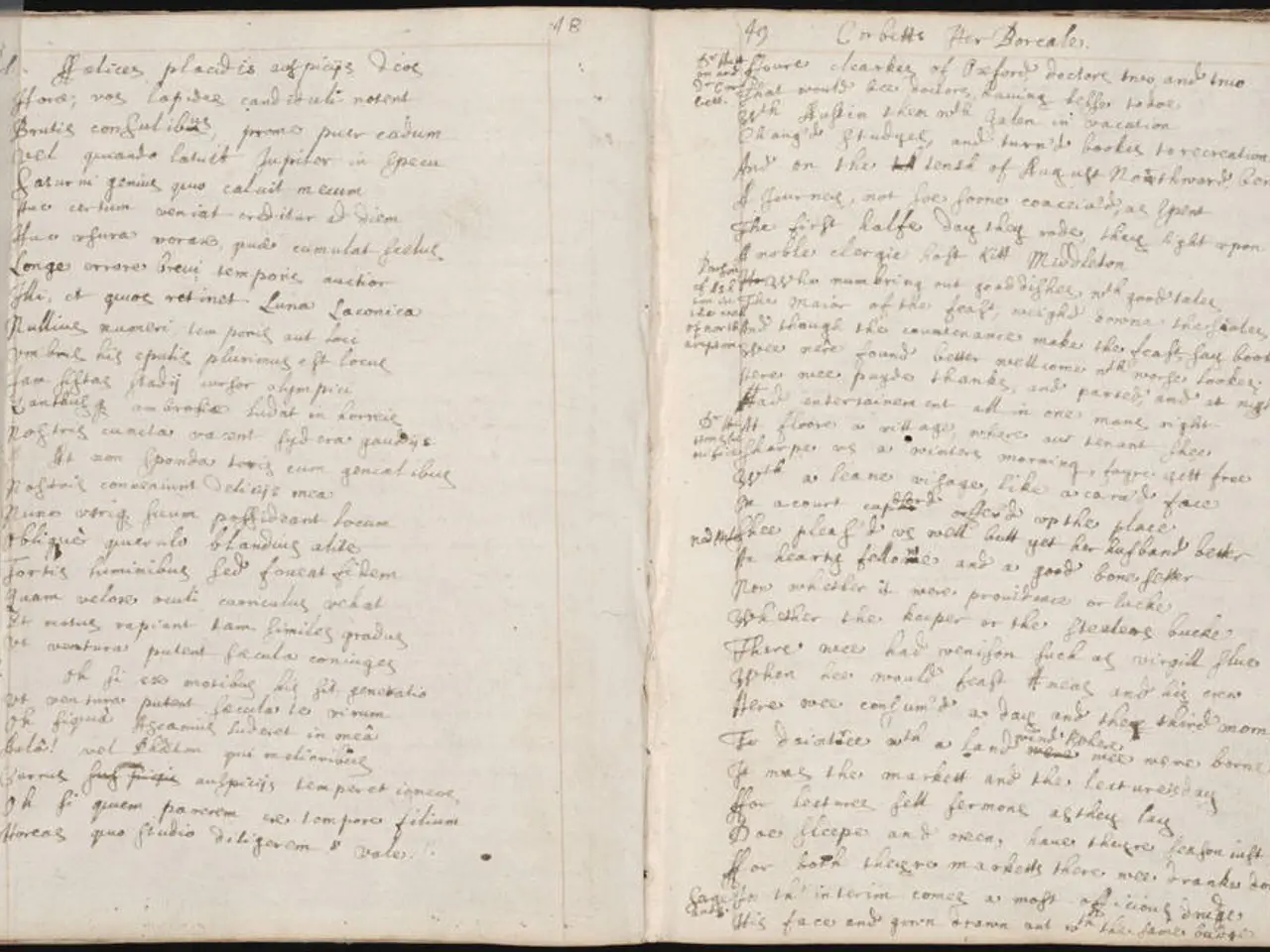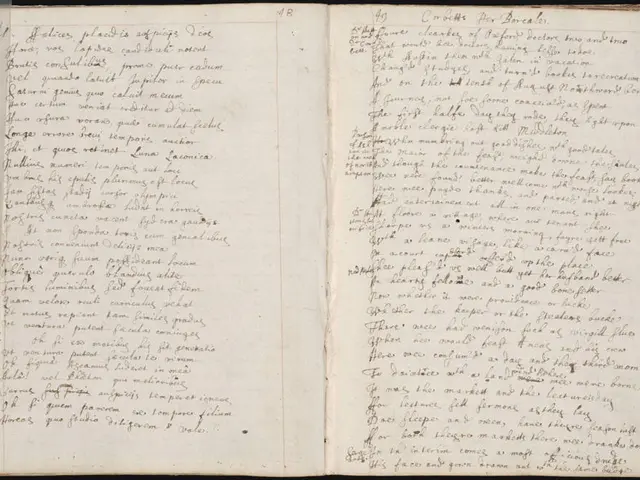Jane Austen's Life, Works, and Demise Explored - Unveiling 8 Captivating Tidbits
In the annals of English literature, few names shine as brightly as that of Jane Austen. Known for her wit, social commentary, and timeless romantic tales, Austen's works have captivated readers for over two centuries. However, there are several lesser-known aspects of her life that offer a more nuanced understanding of this remarkable woman.
- Published Anonymously: During her lifetime, Jane Austen’s novels were published anonymously. Her true authorship was revealed only after her death, primarily through a biographical notice written by her brother Henry Austen in 1818.
- Early Literary Efforts Were Satirical: Austen began writing at a young age, creating works full of satire and parody known as juvenilia, which predate her major novels.
- Multiple Residences Influenced Her Life: After 1801, Austen lived in Bath, Southampton, and eventually Chawton. It was in Chawton, starting in 1809, where she had the stability to revise and write significant works.
- Kept Her Writing Secret: According to her nephew, Jane preferred to write in secret, using the creaky door to her sitting room in Chawton as a warning system so she could hide her manuscripts from visitors or family.
- Possible Arsenic Exposure: One theory about her early death in 1817 is that she may have been poisoned with arsenic, which was sometimes used medicinally for rheumatism, though this remains speculative. Tests suggested she likely suffered cataracts, a symptom sometimes linked with arsenic poisoning.
- She Earned Less than Contemporaries: Although Austen gained esteem later, during her life she earned much less than contemporaries such as Frances Burney or Walter Scott, who were more commercially successful at the time.
- Extensive Letter Writing as Social Duty: Jane Austen wrote thousands of letters, primarily to her sister Cassandra. These letters were a social expectation for women of her time and provide a rich insight into her voice and personality, preserved and distributed by her family after her death.
- Well-Read and Intellectually Curious: Austen was widely read beyond the popular novels of her era, as noted by her brother. She engaged critically with literature and was intellectually curious, which is reflected in novels like Northanger Abbey, a story about learning through reading and sometimes satirizing the popular gothic genre.
These facts reveal a more complex and discreet literary figure than the broadly known public image of Jane Austen solely as the author of beloved novels. Her life was marked by secrecy, intellectual curiosity, and a deep love for her craft, making her a truly fascinating subject for further exploration.
Read also:
- Urban Tales: Winged Hedgehogs and Gridiron Mascots Highlight Our Legendary Series on TGC+!
- Amidst India's escalating climate crisis, transgender individuals continue to persevere
- Love, Work, and Friendship Harmonies between Aries Signs
- In New York, a previously vegan restaurant has resumed offering meat in its menu.







